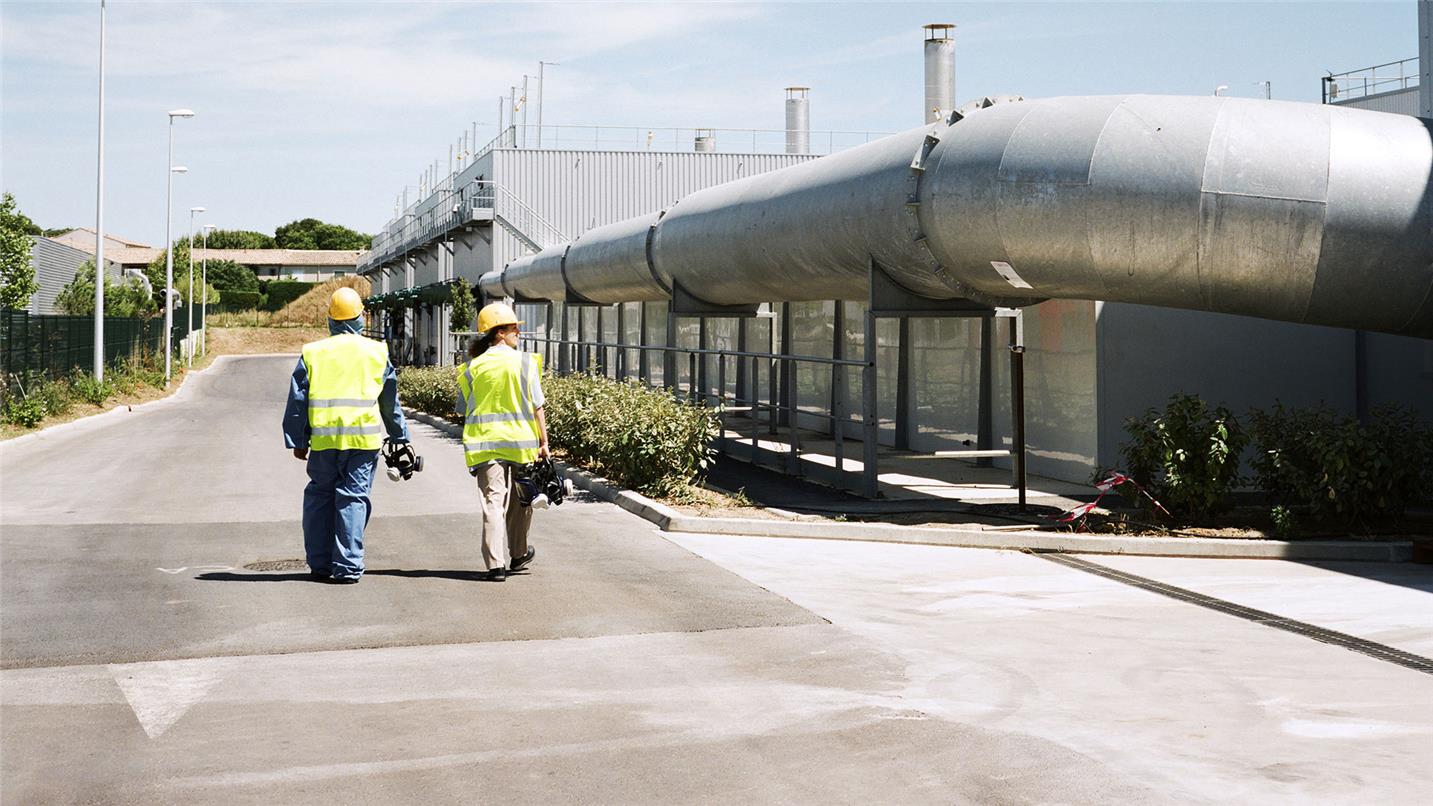Help the city of Montpellier increase its quantity of reused waste
Recover and reuse other types of waste, market and distribute them
To meet this objective, SUEZ based its solution on two priorities:
- increase the initial household waste recovery capacity through investments;
- create the necessary conditions for the development of a real organic waste recovery industry.
Thanks to its in-house expertise, SUEZ implemented complementary solutions for transforming different types of waste into new resources.
The results
The €10 million investment program has allowed for increasing the energy production of the Amétyst site by 50%, i.e., to 23,000 MWh of electricity and 12,000 MWh of heat expected to be generated in 2017. This more efficient energy reuse combined with the development of the new process for transforming biowaste into compost contributes to a significant reduction in landfilled waste. More than 51% of the area's waste is now being converted into new resources.
This level of performance in the anaerobic digestion of household waste and biowaste establishes the site as a benchmark in Europe.

